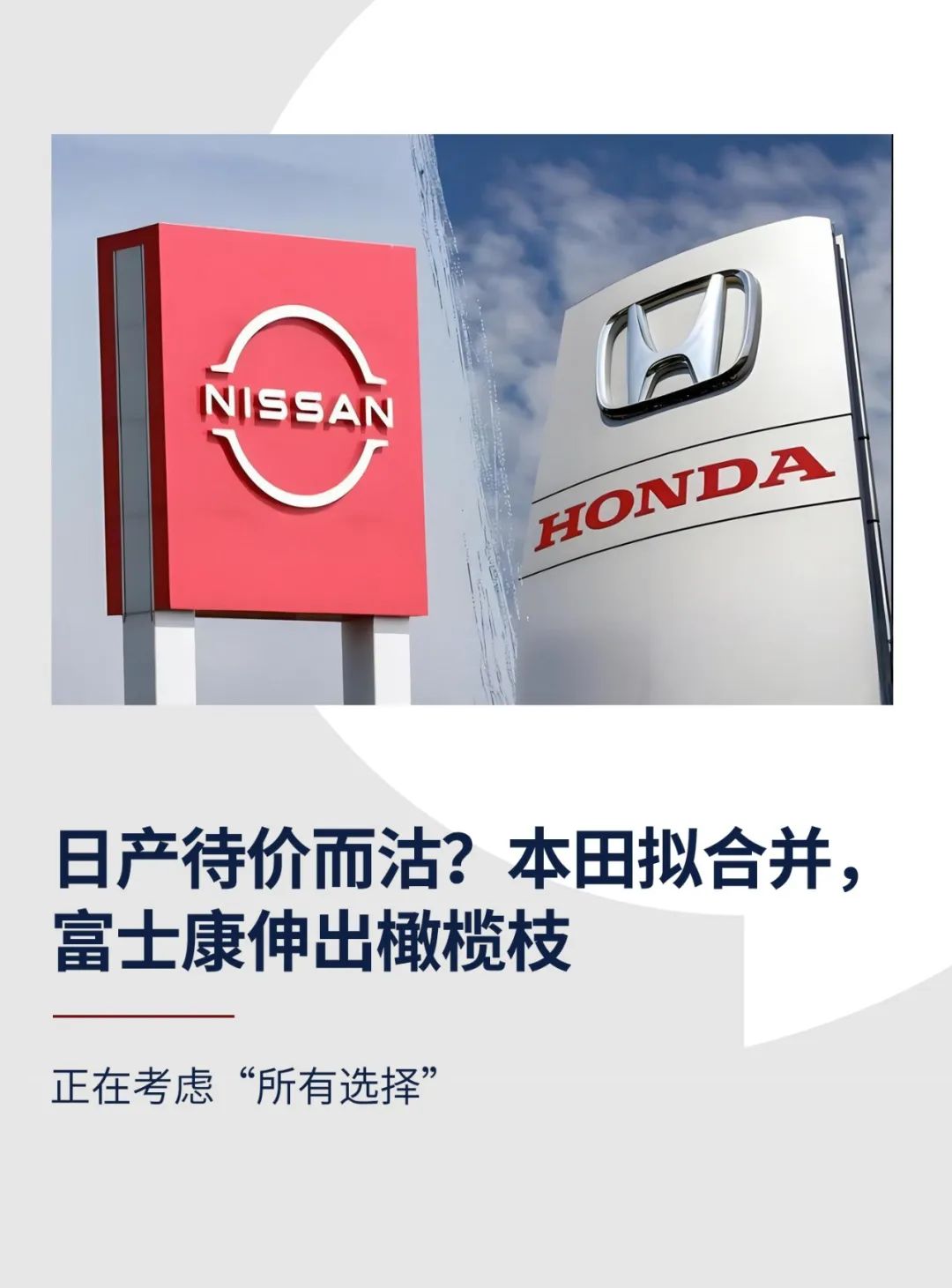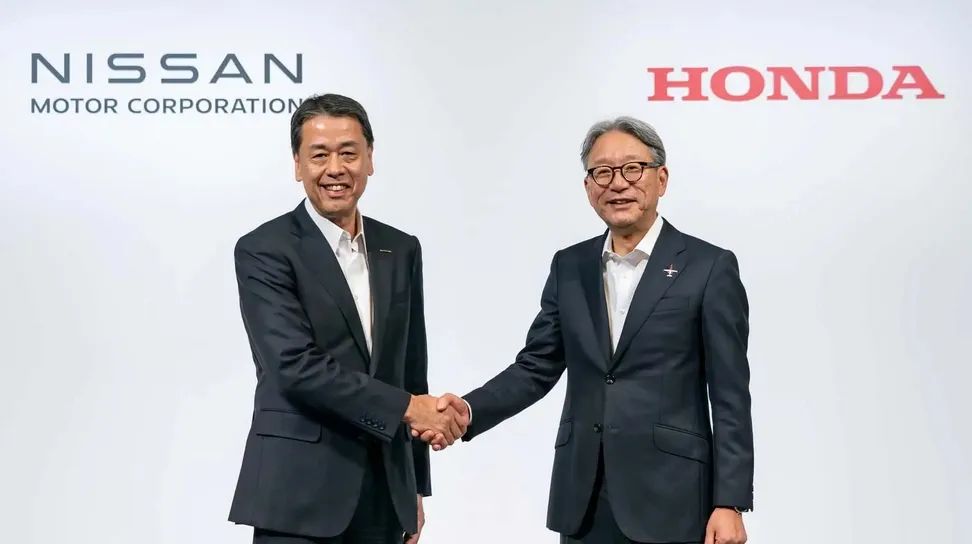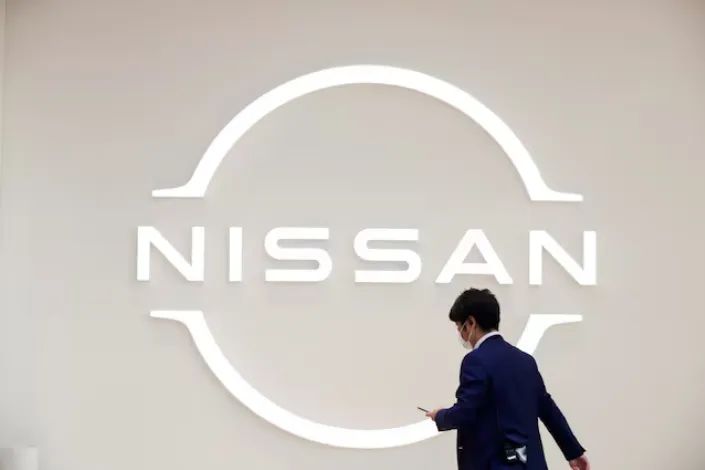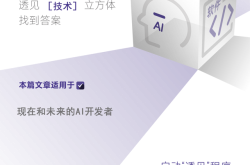Nissan for Sale? Honda Eyes Merger, Foxconn Extends Olive Branch
![]() 12/19 2024
12/19 2024
![]() 626
626

Compiled by | Yang Yuke
Edited by | Li Guozheng
Produced by | Bangning Studio (gbngzs)
On December 18, in response to reports of Honda and Nissan negotiating a merger, Honda Motor Executive Vice President Shinji Aoyama indicated that Honda is exploring various options, encompassing mergers, capital collaborations, or the establishment of a holding company.
Insiders revealed that the two companies are poised to sign a memorandum of understanding next week, officially initiating discussions on steps to expand their partnership, including the specifics of a potential merger. However, they cautioned that negotiations are still in their nascent stages, with no final decision yet made.
TBS TV reported on December 18 that Honda and Nissan could announce the news as early as December 23.
One option being considered is the creation of a new holding company under which the merged entity would operate. This arrangement could potentially extend to include Mitsubishi Motors, which already has a capital relationship with Nissan.
In Tokyo's morning trading on December 18, Nissan's share price surged by 24%, whereas Honda's declined by 3.4%. Honda's current market capitalization is more than four times that of Nissan.
Should the deal successfully conclude, the merged company would rank as the world's third-largest automaker, trailing only Toyota and Volkswagen. This merger would also mark the automotive industry's largest transaction since FCA Group and PSA Group merged to form Stellantis in January 2021.
This deal would effectively consolidate the Japanese auto industry into two major camps: one led by Toyota, which has minority stakes in Subaru, Mazda, and Suzuki; and another combining Honda, Nissan, and Mitsubishi. Following a stake reduction in November, Nissan currently holds approximately a quarter of Mitsubishi's shares.
To some extent, this can be seen as a defensive merger between weaker Japanese enterprises. Based on 2023 global sales statistics, Honda sold approximately 4.2 million vehicles, Nissan sold 3.4 million, and Mitsubishi sold over 800,000, totaling 8.4 million vehicles. In comparison, Toyota sold 11.2 million vehicles during the same period. In the first six months of this year, Honda, Nissan, and Mitsubishi sold a combined total of about 4 million vehicles globally, far fewer than Toyota's 5.2 million vehicles sold alone.
As long-standing competitors, the "handshake" between Japan's second and third-largest automakers underscores the rapid rise of China in the global auto market, reshaping the global automotive landscape. This deal will bolster the two manufacturers' competitiveness against electric vehicle industry rivals such as Tesla and Chinese automakers.
Earlier this year, the two companies decided to collaborate on electric vehicle batteries and software. At that time, Honda CEO Toshihiro Mibe hinted at the possibility of capital collaboration with Nissan.
"If the merger materializes, it will provide short-term relief to Nissan's financial woes," said Tatsuo Yoshida, a senior automotive analyst at Bloomberg Intelligence.
Julie Boote, a senior analyst at Pelham Smithers Associates, remarked, "While this is good news for Nissan, given their weakened position, they will face significant business overlap and other challenges to overcome."
Honda has long struggled to keep pace with its more capital-rich competitors in investing in new technologies. Although the company has invested billions of dollars in pure electric vehicle production, it has recently shifted focus to promoting hybrid electric vehicles.
Meanwhile, Honda's independent partnership with General Motors has also weakened, most recently with the termination of their autonomous vehicle collaboration earlier this month. GM has strengthened its ties with South Korea's Hyundai Motor.
On the same day as rumors of a Honda-Nissan merger surfaced, Japanese financial media Diamond Online cited a source stating that Foxconn, which has been heavily investing in electric vehicles, has also approached Nissan, aiming to acquire a controlling stake in the company.
It is unclear whether Nissan has engaged in negotiations with Foxconn or rejected Foxconn's proposal.
Nissan is intensifying its reorganization efforts to address stagnant revenue growth and declining profits. The company currently seeks a partner to help rebuild a stronger financial foundation. It faces pressure from shareholders and a formidable debt burden, leading to speculation in the credit markets about its investment-grade rating.
The Yokohama-based company has partially dissolved its complex 25-year strategic partnership with the Renault Group, a cornerstone of Carlos Ghosn's tenure as Nissan's former chairman.
Over the years, competition and mutual suspicion have intensified, culminating in Ghosn's public contemplation of a merger, which ultimately led to his downfall.
When Honda and Nissan first announced their collaboration in August this year, Ghosn warned in an interview with Automotive News, "I can't fathom how the relationship between Honda and Nissan will develop unless it's an acquisition, disguised as Honda acquiring Nissan and Mitsubishi, with Honda taking the lead. It will be an acquisition, a disguised acquisition."
"Announcing that they want to cooperate is only 5% of the challenge. The other 95% involves sitting down, standing your ground, and redistributing the workload. Synergies must be achieved through hard work. There's a genuine need to focus on your bottom line, increase revenue, and cut costs," Ghosn added.


Struggling
As these two Japanese automakers pursue a merger, Nissan's performance has declined, and both automakers are struggling in the Chinese market amidst a downturn in the US market.
Since the beginning of this year, Honda and Nissan have grown closer after announcing plans to collaborate on electrification technology to share development costs.
The automotive industry faces unprecedented challenges. Competition is fiercer, change is more rapid, and certainty is lower than ever. In the Chinese market, local automakers are edging out Western brands, with some even experiencing actual sales growth in Europe and other regions.
Electrification represents another critical disruptor, and the industry is racing to keep up with China's progress, forcing traditional automakers to innovate to remain competitive.
Like many non-Chinese automakers, these two companies are struggling in China's once promising market, the world's largest. Chinese consumers once flocked to buy foreign brands but have now largely shifted to domestic brands. The Chinese government has also provided incentives to accelerate the adoption of electric and plug-in hybrid vehicles among consumers.
While both companies offer electric and plug-in vehicles—especially Nissan, a pioneer in electric vehicle technology—Chinese brands like BYD have surpassed them in technology and offer more affordable prices.
Honda sold approximately 1.7 million vehicles in the first half of fiscal year 2025. Nissan sold about 1.6 million. Due to heightened price competition, especially in China, their sales and operating profits also declined year-on-year.
As China sells more electric vehicles, the challenges will only intensify. Automakers have excess capacity to produce unwanted gasoline-powered cars. This is why Nissan and Honda are seeking solutions before the situation worsens.
Since Carlos Ghosn, then-chairman of Nissan, was arrested in November 2018, the alliance between Nissan and Renault has caused internal tensions, and Nissan has never fully recovered. Ghosn was charged with financial crimes in Tokyo but denied the allegations and fled Japan on a private jet before his trial began in December 2019.
In 1999, Renault acquired more than one-third of Nissan's shares, later increasing to 43%. Nissan has long been the larger and more profitable partner in the alliance. Nissan was frustrated by the alliance and eventually gained independence after Renault agreed to reduce its stake to 15%. However, its fortunes began to decline this year, with operating income for the six months ending September 30 down 90% year-on-year.
Last month, Nissan announced a restructuring plan, including laying off 9,000 employees globally and cutting global production capacity by a fifth. The company also revised its auto sales forecast downward for all major markets, particularly China and North America.
Meanwhile, Honda, approximately five times the size of Nissan, also faces challenges. The company announced plans to sell only zero-emission vehicles in major markets by 2040. However, due to relatively low gasoline prices, insufficient charging infrastructure, and increased competition, this transition has been slow, dampening demand for electric vehicles in the US and Europe.
Last month, Honda also revised its annual forecast for auto sales and net profit downward. The company reported a decline in earnings for the first half of the fiscal year, partly due to weakness in its automotive business in China.
According to the China Passenger Car Association, 52% of passenger cars sold in China in November were pure electric or plug-in hybrid vehicles. For the first 11 months of this year, Chinese brands accounted for 60% of passenger car sales in China, an increase of 8.5 percentage points year-on-year.
As the Chinese market rapidly shifts away from gasoline-powered vehicles, local Chinese brands have captured market share from Japanese, German, and American automakers.
Earlier this year, Nissan halted car production at its plant in Changzhou, while Honda attempted to lay off workers at a Chinese joint venture through voluntary buyouts.
Analysts suggest that merger negotiations between Honda and Nissan are driven by increasing competition from electric vehicle manufacturers such as Tesla and China's BYD. Tesla and Chinese automakers are also ahead in autonomous driving and software, areas where automakers need significant investments to stay competitive.
Other obstacles include the potential reversal of electric vehicle-friendly policies by incoming US President Donald Trump and the Trump administration's scrutiny of mergers.
The incoming president has vowed to take a tough stance on imported cars, including imposing a 25% tariff on cars imported from Canada and Mexico. Both Honda and Nissan currently have plants in Mexico, with Honda also operating a plant in Canada.
Automotive industry officials say Trump may seek concessions from Honda and Nissan to approve the deal. During his first term, Trump threatened to impose tariffs on Japanese cars.
Honda and Nissan also produce cars in the US. Honda operates 12 manufacturing plants in the US, producing cars, power equipment, and aircraft engines, while Nissan has three plants in the US.


Double-edged Sword
Jessica Caldwell, Director of Insights at automotive research and news company Edmunds, said the merger makes sense.
"A merger would be a long-term strategy rather than a quick fix for the short-term challenges facing both companies," Caldwell told USA Today. "Both Nissan and Honda are preparing for the future, defined by electrification and autonomous driving technologies, which are extremely costly to develop."
Caldwell believes that as the future shifts to electric and autonomous vehicles, "it is logical that smaller automakers may need to collaborate to keep up with larger automakers, including increasing competition from Chinese manufacturers actively entering the market."
According to Bloomberg, the merger would position the combined automaker more competitively. Honda, Nissan, and Mitsubishi sold approximately 4 million vehicles globally in the first six months of 2024, trailing global leader Toyota with 5.2 million and the world's second-largest automaker, Volkswagen Group, with 4.35 million.
K. Venkatesh Prasad, Chief Innovation Officer at the Center for Automotive Research in Ann Arbor, Michigan, said the capital-intensive electric vehicle industry requires billions of dollars in investment to build new factories and develop batteries.
For established automakers like Honda and Nissan, "it only makes sense to integrate if you still have the capacity to create the necessary volume to keep costs low and can design and build premium content features," Prasad said. Ensuring profitability for traditional internal combustion engine vehicles "is essential to free up funds for building a sustainable electric vehicle business in the medium to long term."
Tokyo officials are concerned that Japanese automakers cannot compete with Chinese competitors in the electric vehicle and software fields as independent enterprises, though they are wary of the impact of mergers on employment.
But mergers are also a double-edged sword.
Nissan has been seeking an anchor investor for months. The Financial Times reported last month that Nissan was considering "all options," including a merger with Honda.
Merger negotiations between Nissan and Honda were first reported by Nikkei. Nissan stated on the evening of December 17, "The content reported by [Nikkei] has not been announced by the two companies." It added, "As announced in March this year, Honda and Nissan are exploring various possibilities for future cooperation, leveraging each other's strengths. If there are any updates, we will inform our stakeholders in due course." Honda similarly stated that it and Nissan are "exploring various possibilities for future cooperation."
One insider noted that negotiations are still in their early stages, and there are concerns about potential political backlash in Japan, as the merger of the country's two most famous automotive brands could lead to massive layoffs.
A merger would offer Honda and Nissan the opportunity to explore synergies in procurement and technology development, yet it would also introduce challenges for two companies with distinct cultures and partially overlapping product lines.
Firstly, by combining forces, Honda and Nissan could leverage their combined purchasing power to negotiate better deals with suppliers, leading to cost savings and improved efficiency. Additionally, shared research and development resources could accelerate technological advancements and product innovation.
However, merging two such large and established companies is not without its complexities. Each company has its unique corporate culture, values, and ways of doing business. Integrating these different cultures while maintaining employee morale and productivity will be a significant challenge.
Moreover, the two automakers have overlapping model lines in certain segments. Determining which models to retain and which to phase out will require careful consideration to avoid cannibalizing sales and confusing consumers.
In conclusion, while a merger between Honda and Nissan holds the potential for significant benefits, it also necessitates careful planning and execution to overcome the inherent challenges posed by cultural differences and product overlap.








